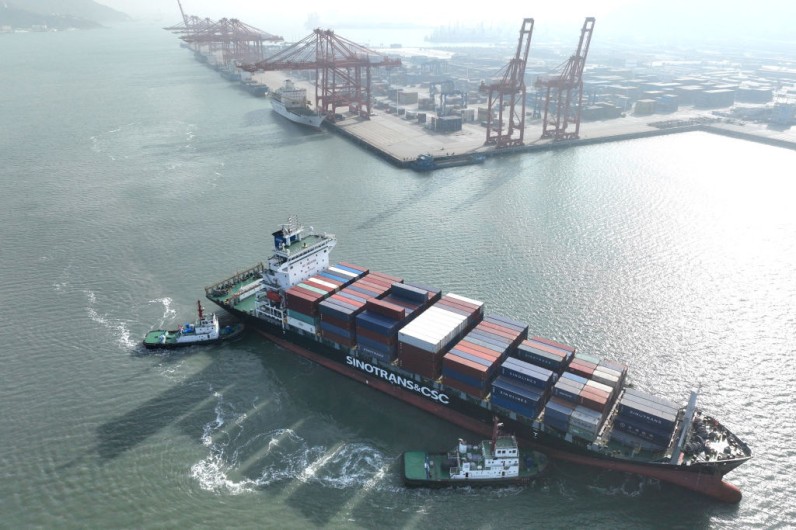
Chinese automakers are ramping up their export of electric vehicles (EVs) globally. However, they are dealing with a critical shortage of car-carrying ships to meet the soaring demand, as reported by Electrek.
With ambitions to become the world's fourth-largest fleet within a few years, China currently possesses the eighth-largest shipping fleet, comprising 33 car-carrying vessels. However, to accommodate the exponential growth in EV exports, Chinese companies have placed orders for 47 new ships, representing a quarter of global orders.
This surge in ship procurement aims to elevate China's controlled car carrier fleet from 2.4% to 8.7%, with an anticipation of new trade routes specifically catering to Chinese automakers.
These initiatives, led by companies like SAIC Motor, Chery, and BYD, along with shipping giants COSCO and China Merchants, reflect China's ascent as the world's largest auto exporter, surpassing Japan.
Notably, BYD, a prominent EV manufacturer, plans to export up to 400,000 EVs this year, fueling the need for purpose-built vessels.
READ NEXT : China Says Innovations Drive Rapid Expansion of EV Firms as Janet Yellen Highlights 'Overcapacity' Fears
Criticisms Against China As EV Export Leader
However, as China's ability to export goods grows, there are increasing worries about the environmental effects of this expansion. Additionally, there is scrutiny over the subsidies provided to support this growth. This concern arises at a time when the shipping industry is under pressure to reduce its carbon emissions to align with global climate objectives.
Not just that, VCPost also noted that EV firms are worried that China may experience "overcapacity" in EVs. An oversupply of EVs could flood the market, triggering price competition and diminishing profitability for manufacturers. This surplus may result in financial losses as companies struggle to sustain production levels without enough demand.







Join the Conversation